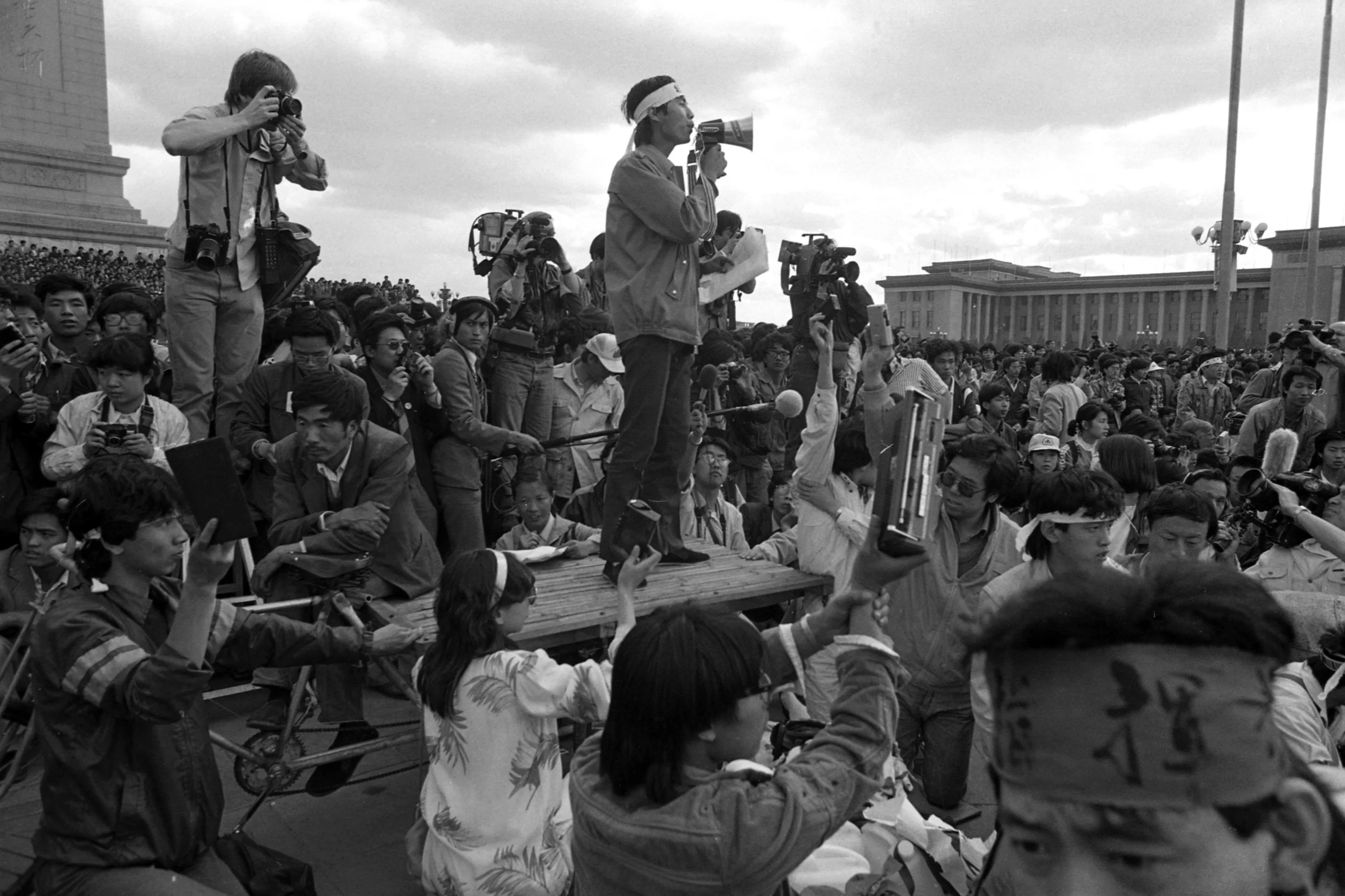All tagged Taiwan-China relations
July 1, 2019 is the 2nd anniversary of the occupation of the Legislative Council in Hong Kong’s Anti-Extradition Bill movement and the 1st anniversary of Taiwan’s investment of national resources in providing humanitarian aid to Hongkongers in exile. Two years after Taiwan’s assistance of Hong Kong, official relations between the two have seemingly ceased as the political situation in Hong Kong continues to deteriorate. Amid geopolitical uncertainties, how can Taiwan continue to help Hongkongers?
On February 26, 2021, the Chinese General Administration of Customs unexpectedly announced a ban on imports of Taiwanese pineapple starting from March 1. March is the export season for Taiwan's famous Golden Diamond Pineapple. The Chinese ban came as a shock to the Taiwanese industry. How did Taiwan’s overreliance on the Chinese market come to be? Who gets to decide the fate of Taiwanese pineapples?
How is Taiwan seen under the gaze of others? What might hinder people from understanding Taiwan as it is through a more realistic approach? How can Taiwanese establish and present its own subjectivity? Lin Wei-Yun ‘s (林蔚昀) insightful critique of a Polish edited volume on Taiwan might provide some meaningful clues.
Pei is a Mainland Chinese student who has studied in both Taiwan and Hong Kong. How is she “represented” in debates in different places? What are her insights on identity politics, nationalism, and populism? Introducing the third piece of our special series: Lusheng in Taiwan: Contradictions and Anticipations.
2021 marks the tenth anniversary of Mainland Chinese students (lusheng) pursuing degrees at Taiwan's higher education institutions. However, in fall 2021 China’s Ministry of Education will suspend their enrolment. How might we address the changing political economy that shapes and contests policies for lusheng? What will become of these students? Introducing the second piece of our special series: Lusheng in Taiwan: Contradictions and Anticipations.
When Covid-19 broke out in China in January 2020, Chinese students studying in Taiwan (lusheng) found themselves caught between geopolitical tensions. The pandemic is not only a health issue for these young people, but a political issue as well. Introducing the first piece of the special series: Lusheng in Taiwan: Contradictions and Anticipations.
China and Taiwan both use “China” in the names of their national airlines. But the confusion doesn’t stop there, they also share the same “tail numbers” — identifying numbers that are unique to each country’s national air carrier.
In 2013, Tsai Ing-wen wrote a letter to the youth of China about the 228 Massacre, and expressed her hope for a future democratic China.
Veteran photo-journalist Hsieh San-tai received his political education during the Tiananmen Square protests in 1989. Thirty years later, he’s finally ready to show his images to the public.
Chieh Chung says that the passing of the Taiwan Travel Act is not only a sign that Washington is dissatisfied with Beijing, but is also an attempt to break new ground on Taiwan-US relations.
Lu Chen-wei says studying in China helps Taiwanese youth change stereotypical perceptions. But does the same apply to their own political identities?
Taiwan’s national anthem, flag and democratic history may be absent in future Taiwanese film productions.













